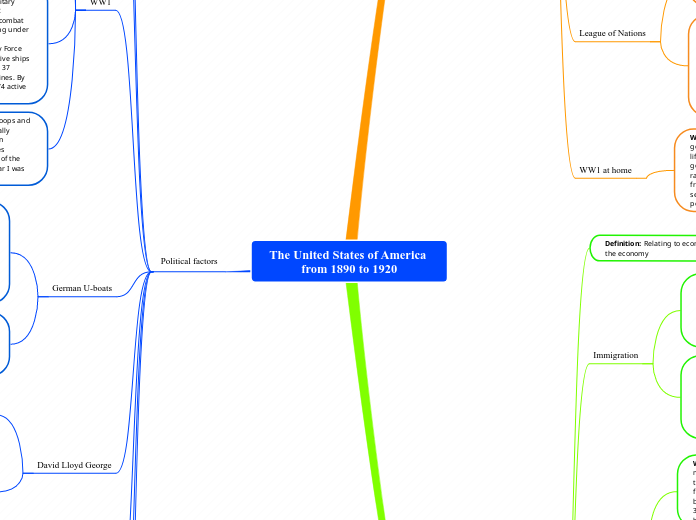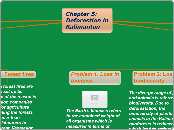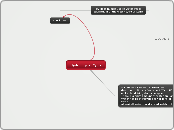door Caitlyn Schoen 3 jaren geleden
131
The United States of America from 1890 to 1920
Between 1890 and 1920, the United States underwent significant political and social changes. Key figures like Henry Cabot Lodge played crucial roles in shaping the nation's foreign policy, particularly by opposing the Treaty of Versailles and U.









